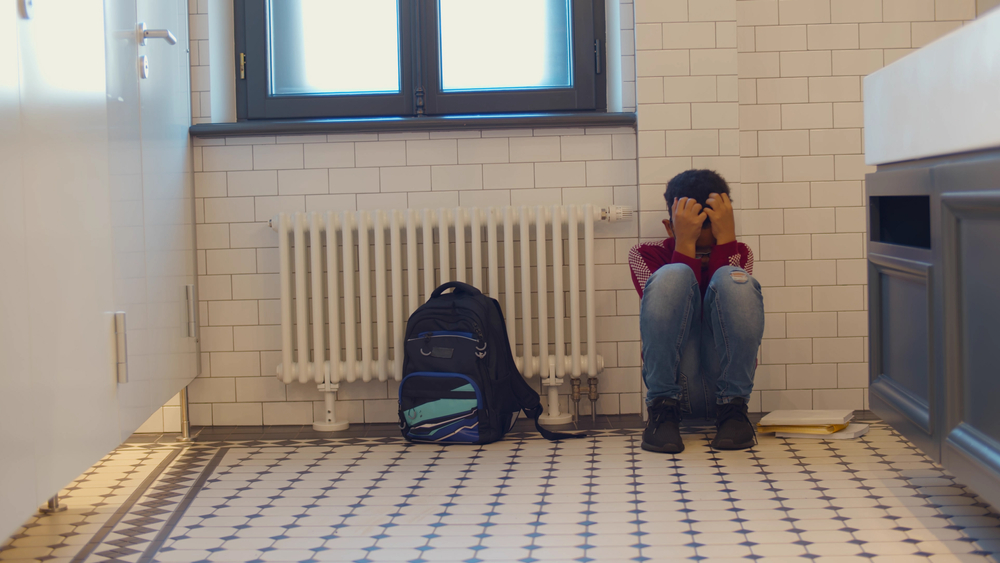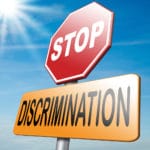Chicago Parents Report High Levels of Everyday Discrimination

Culturally sensitive pediatric care is crucial
A recent survey by Ann & Robert H. Lurie Children’s Hospital of Chicago shows that nearly one-quarter of Chicago parents (22 percent) felt they have been discriminated against on a daily or weekly basis.
The latest Voices of Child Health in Chicago report from Lurie Children’s elicited experiences from Chicago parents about “everyday discrimination,” defined as unfair treatment that is chronic, routine and can occur in everyday life. The largest group of parents in the survey (46 percent) said they experienced discrimination every month or at least every year. Together, Chicago parents’ experiences point to systemic discrimination in society that impacts the well-being of adults and may affect their children as well.
“Our results clearly indicate that many Chicago parents experience common forms of discrimination. While 3 out of 4 experienced one or more types of discrimination at least a few times per year, nearly 1 out of 4 experienced discrimination every week or even every day,” says Matthew M. Davis, MD, MAPP, Chair of the Department of Medicine at Lurie Children’s, Executive Vice-President and Chief Community Health Transformation Officer at the Patrick M. Magoon Institute for Healthy Communities at Lurie Children’s, and Chair of Pediatrics at Northwestern University Feinberg School of Medicine.
The most frequent form of discrimination reported by Chicago parents was related to their race. Other discrimination perceived by parents related to their gender; ancestry or national origin; education or income level; age; and shade of skin color. Other research has shown that systemic racism prevents people from obtaining adequate housing, food, employment and other necessities. This threat particularly impacts communities of color and drives inequities in quality-of-life, including health. Black, Latinx, and parents of other races were more likely than White parents to have experienced discrimination on the basis of their race, nationality, or skin tone.
To understand the types of everyday discrimination felt by Chicago’s diverse parent community, more than 1,500 survey respondents were asked if they experienced any of five different actions against them. Their answers revealed that the most common types of discrimination they encountered, in order of prevalence, were:
- less courtesy and respect compared to other people
- poorer service at restaurants or stores
- treatment as if they were not smart
- people who acted afraid of them
- threats or harassment.
Everyday racism is detrimental not only for adults, but for children. The Journal of the American Medical Association-Pediatrics reported that adolescents with higher levels of concern about everyday discrimination have worse mental and behavioral health outcomes. In addition, research has found that the influence of racism on health is not limited solely to an individual’s direct experiences. For example, when a child witnesses racial discrimination toward another person such as a parent, this is a type of vicarious racism, or secondhand racism. Vicarious racism in children is associated with worse child health.
“There is a misconception that racism only influences Black and Brown people. However, the impact of racism is so entrenched within our societal practices, and in the distribution of basic resources that determine wellness, that it actually impacts our society as a whole. Therefore, it will take all of society working together to fix this,” says Nia Heard-Garris, MD, MSc, Assistant Professor of Pediatrics at Lurie Children’s and Chair of the American Academy of Pediatrics’ (AAP) Minority Health, Equity and Inclusion Committee.
In the survey, Black parents in Chicago reported experiencing more frequent discrimination than White parents in child health care settings. This demonstrates the need to improve delivery of patient- and family-centered, antiracist care so all patient families have the best possible visits with their pediatric care team. The AAP recommends pediatric care providers and office staff create a culturally sensitive care environment for all patients and their families.
Survey findings are based on data from a recently launched survey project called the Voices of Child Health in Chicago Parent Panel Survey. The survey is conducted exclusively by NORC at the University of Chicago for Lurie Children’s and is administered to Chicago parents three times each year via internet and telephone surveys. The data in this report are from Wave 2 of the survey, collected between November 2020 through February 2021, from 1,505 Chicago parents from all 77 community areas in Chicago and weighted to be representative of households with children across the city.










